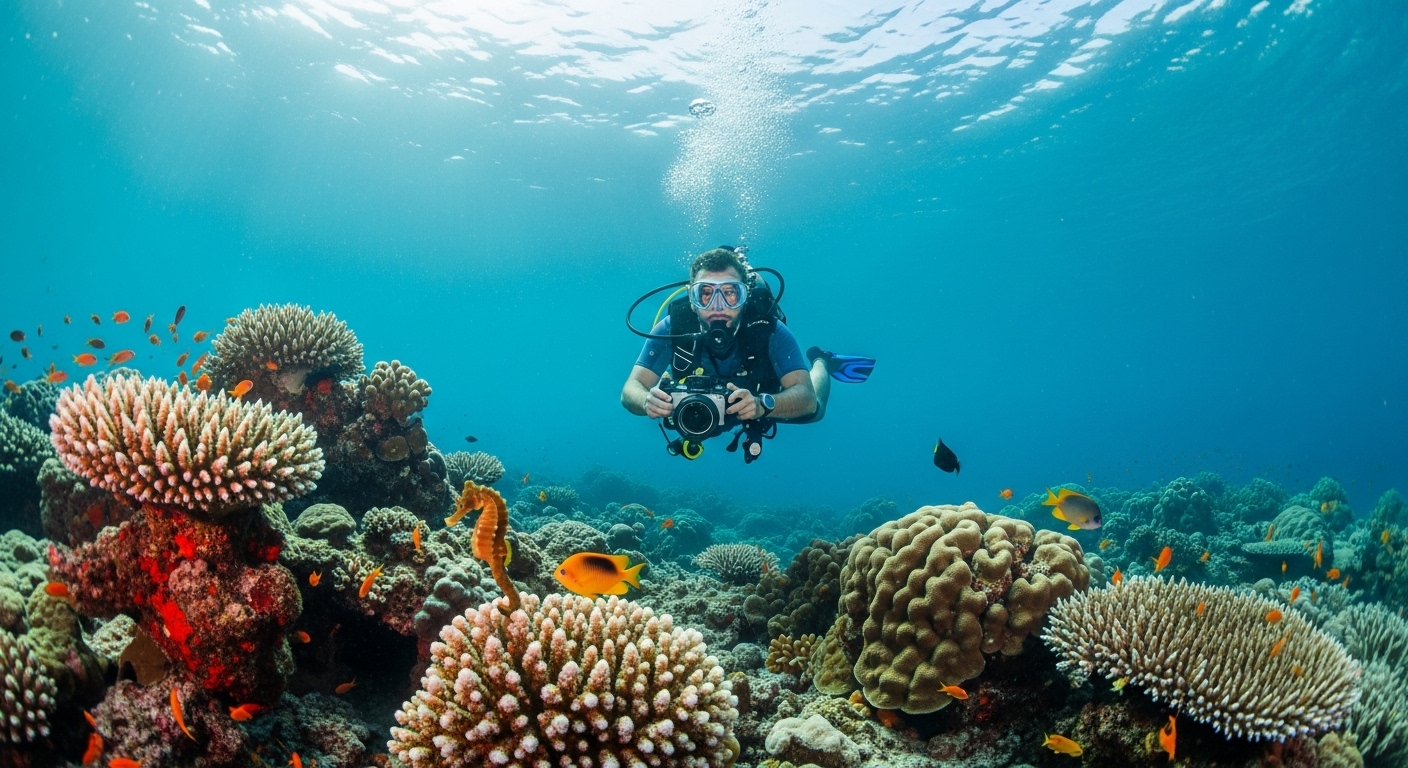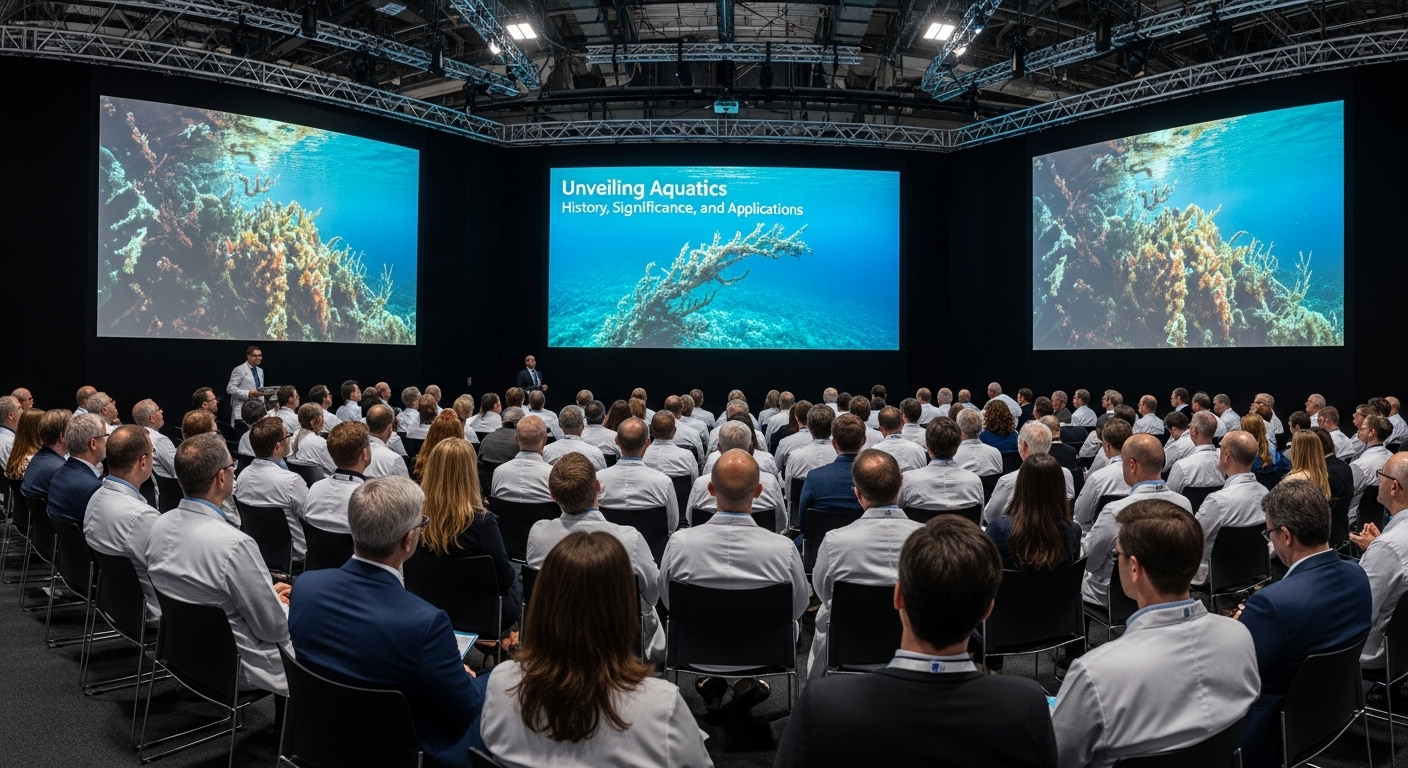When it comes to the vast and vibrant world of aquatics, there’s more beneath the surface than meets the eye. I mean, it’s not just about water, right? It’s a universe teeming with life, sports, and even culture. Aquatics encompasses a broad spectrum of activities and interests. Whether you’re fascinated by the science of aquatic ecosystems, the thrill of water sports, or the art of maintaining a home aquarium, there’s something here for everyone. Let’s dive in and explore what makes this watery world so captivating.
The Diversity of Aquatic Life
Imagine the endless varieties of life forms, each uniquely adapted to aquatic environments. From the smallest plankton to the majestic whales, the diversity is astounding. Aquatic ecosystems, whether freshwater or marine, are essential to the Earth’s biodiversity. They play a crucial role in sustaining life, providing food, and maintaining ecological balance.
Marine Life
The ocean is a vast, mysterious place, home to countless species. You’ve got everything from colorful coral reefs to deep-sea creatures that almost seem otherworldly. Coral reefs, often referred to as the “rainforests of the sea,” are bustling with life and offer a home to around 25% of all marine species. But the ocean isn’t just about beauty and biodiversity. It’s also a critical source of livelihood for millions, supporting fishing industries worldwide.
Freshwater Ecosystems
On the flip side, freshwater ecosystems, including rivers, lakes, and ponds, are equally vital. They support diverse species, including fish like trout and salmon, insects, amphibians, and even mammals like otters. These ecosystems provide water for drinking and irrigation and are integral to the water cycle. The balance in these ecosystems is crucial for sustaining the life that depends on them.
Aquatic Plants
Let’s not forget about aquatic plants. They’re the unsung heroes, often overlooked, but they’re essential for oxygen production and as a food source in aquatic habitats. Ever heard of seagrasses or water lilies? They play a huge role in the health of water bodies by stabilizing sediments and providing habitat and food for countless aquatic creatures.
Aquatics in Sports
Now, shifting gears a bit. Aquatics isn’t just about nature; it’s also about human interaction with water. Aquatic sports have grown massively in popularity over the years. They’re exciting, challenging, and offer a fantastic way to stay fit.
Popular Water Sports
- Swimming: Arguably the most well-known, swimming is both a competitive sport and a recreational activity. It’s a full-body workout and a life skill.
- Diving: Watching divers execute complex flips and twists can be mesmerizing. It’s a sport that requires precision and grace.
- Water Polo: This team sport is like a watery version of handball. It’s fast, physical, and strategic.
- Synchronized Swimming: Now called artistic swimming, it combines swimming, dance, and gymnastics, requiring strength and synchronicity.
These sports not only entertain but also promote physical fitness and discipline. Keeping your body in the best shape while having fun seems like a win-win. For those interested in diving deeper into aquatic sports, check out this comprehensive overview.
Keeping Aquariums: A Mini Aquatic World
Aquarium enthusiasts, this one’s for you. There’s something about recreating a mini-ocean or river in your living room. Watching colorful fish swim around can be incredibly relaxing. But keeping an aquarium isn’t all sunshine and rainbows; it takes dedication and knowledge.
Essentials for a Healthy Aquarium
| Component | Importance |
|---|---|
| Filtration | Keeps water clean and free from harmful substances. |
| Lighting | Supports plant growth and enhances fish colors. |
| Water Quality | Maintaining pH, temperature, and salinity is critical. |
| Food | Appropriate diet is essential for fish health and vitality. |
Setting up and maintaining an aquarium requires an understanding of aquatic ecosystems, similar to the natural ones we’ve been discussing. For more insights on creating your aquatic paradise at home, explore various aquatic resources to get started.
Aquatics and Environmental Concerns
Now, let’s talk about the elephant in the room—environmental issues. Our aquatic environments are under threat. Pollution, overfishing, and climate change are wreaking havoc. The health of our water bodies is deteriorating, and it’s a cause for concern.
Pollution and Its Impact
Water pollution comes in various forms—plastic waste, chemical runoffs, oil spills. The consequences? Devastating. Marine animals ingesting plastic, toxic algae blooms, and dead zones where life struggles to exist. It’s not pretty.
Conservation Efforts
But hey, it’s not all doom and gloom. There are numerous conservation efforts underway to combat these issues. Initiatives aimed at reducing plastic use, protecting endangered species, and restoring habitats are making a difference. Many organizations are working tirelessly to raise awareness and take action.
If you’re curious about the larger picture of aquatics and its various facets, you might find this Wikipedia page an interesting read.
FAQs
- What’s the best starter fish for a home aquarium? Honestly, consider something hardy like a betta or goldfish. They’re easier to care for and quite resilient.
- How often should I clean my fish tank? Weekly partial water changes are generally recommended. It keeps the environment healthy for your fish.
- Is swimming in open water safe? Mostly, yes. Just ensure you’re aware of local conditions, water quality, and potential hazards.
- Can aquariums really reduce stress? Many people find them soothing. Watching fish can have a calming effect, lowering stress levels.
- What is the most dangerous water sport? Risk varies, but sports like surfing and sailing can be hazardous due to unpredictable conditions.
So, that’s a little dive into the world of aquatics. It’s vast, it’s varied, and it’s vitally important. Whether you’re fascinated by the life forms that inhabit our waters, the sports that challenge us, or the environmental issues that confront us, there’s a wealth of knowledge to explore and engage with. Who knew water could hold so much intrigue?


